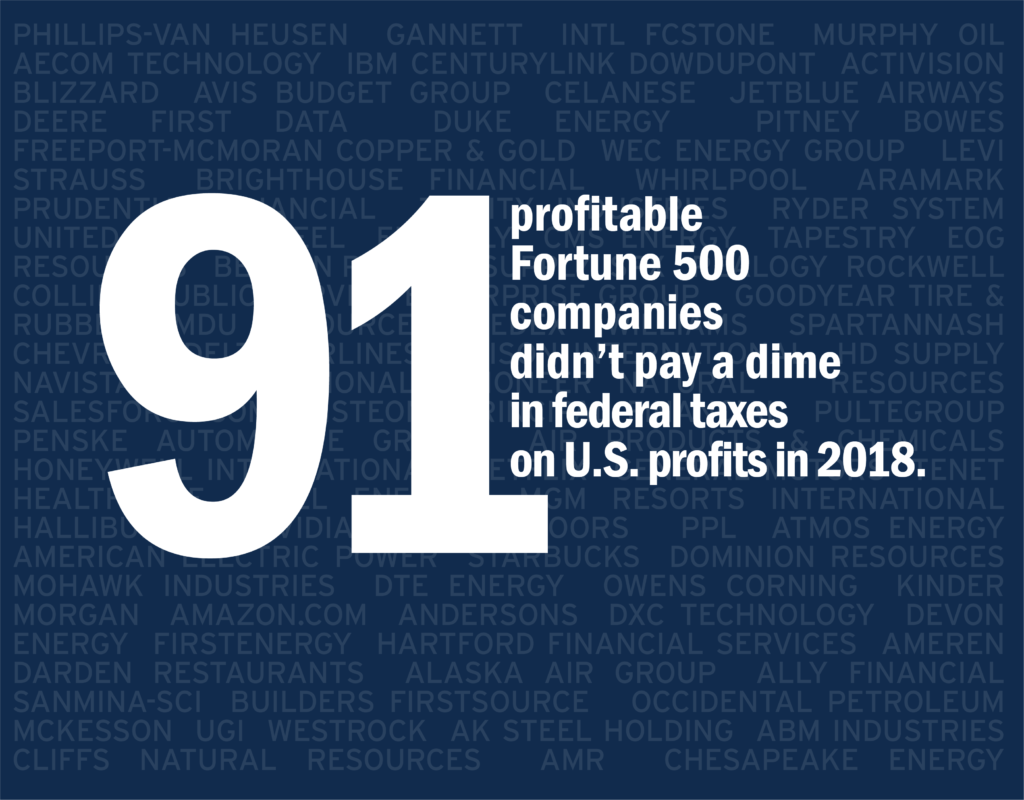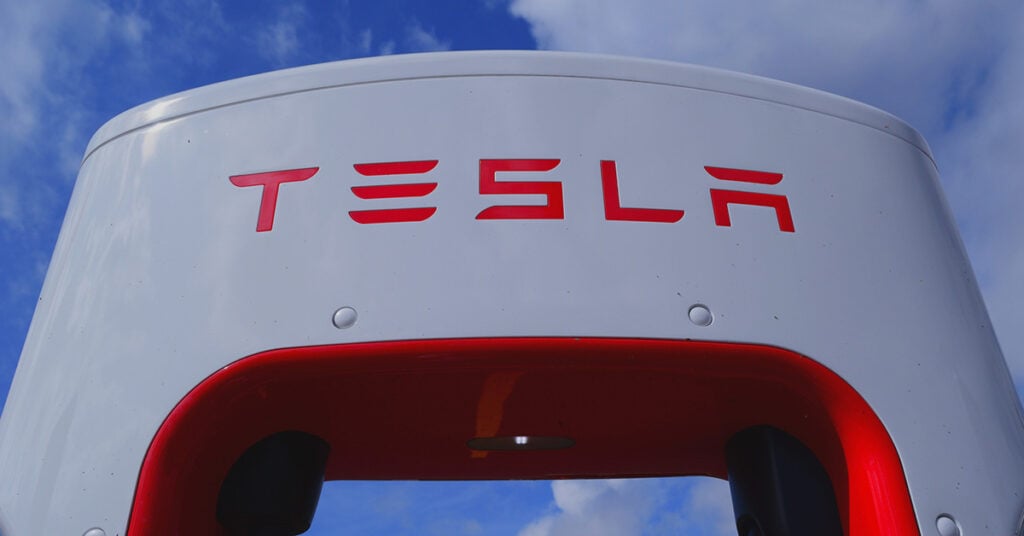JPMorgan Chase CEO Jamie Dimon, in a May 19 memo to employees, outlines steps the company is taking to help its customers, small businesses and communities stay afloat. The part of the public relations memo that has received the most attention, however, is Dimon’s call for “rebuilding a more inclusive economy.”
“It is my fervent hope that we use this crisis as a catalyst to rebuild an economy that creates and sustains opportunity for dramatically more people, especially those who have been left behind for too long,” Dimon wrote.
The memo hits all the right notes and correctly diagnoses one of the defining social challenges of our time. But words are meaningless without action. And the truth is that making the economy work for dramatically more people would be way easier for our elected officials to tackle if huge banking firms like JPMorgan Chase paid a fairer share of taxes.
JPMorgan’s quarterly earnings report for the first three months of 2020 discloses an effective tax rate (current and deferred) of just 8 percent on $3.1 billion of pretax earnings. This is far less than half the U.S. federal income tax rate of 21 percent, which means the company has avoided (legally, by all appearances) federal income tax on more than half of its income so far in 2020. This low tax rate is no fluke.
A December 2019 ITEP report found that JPMorgan paid a 9 percent current federal income tax rate on $31 billion of U.S. income in 2018, and the company’s 2019 annual report shows a 9 percent tax rate on $34 billion in 2019. By paying 9 percent instead of the statutory 21 percent rate over this two-year period (the first two years of the new corporate tax regime pushed through by President Trump), JPMorgan saved $7.7 billion, which means the U.S. Treasury *lost* $7.7 billion. One could fix a little bit of the “fraying social fabric” that Dimon noted in his memo with $7.7 billion.
This willful ignorance of the public sector’s need for tax revenue is pervasive. Dimon’s memo reveals the same blind spot that the Business Roundtable (of which Dimon is a member) has repeatedly displayed in its recent pretensions to social consciousness. Like the Roundtable’s new and improved “statement on the purpose of a corporation,” Dimon’s memo doesn’t once mention the word “tax.”
Instead, Dimon has been a cheerleader for the 2017 Tax Cuts and Jobs Act (TCJA), which showered the vast majority of its benefit on the best-off and corporations (which promptly enriched their shareholders with an unprecedented wave of stock buybacks). There is no question that the TCJA’s deficit-busting tax cuts are now constraining federal policymakers’ efforts to help Americans through the COVID-19 public health crisis and associated economic downturn.
But our fraying social fabric is not just about shortchanging government—it’s about inequality. And JPMorgan’s own disclosures confirm that the company isn’t helping out a whole lot on that front either. Like all publicly traded corporations, JPMorgan is now required to disclose the ratio of its CEO pay to median worker pay. Because Dimon discloses $31 million of income in 2019, that means the ratio is 392 to 1. And as a leading observer of executive pay recently noted, this is a lowball estimate of Dimon’s true pay.
Dimon acknowledges in passing that “structural” problems contribute to inequality. But those structures include tax laws that favor the rich and powerful and systems that allow the benefit of worker productivity to flow to the executive suite.
None of this is to diminish the truth in Dimon’s observation. The virus, indeed, is a wake-up call to address income inequality—a long-standing challenge that has been laid bare by wave after wave of layoffs concentrated mostly among the lowest-wage earners. Moving from words to social change, though, requires those with power and influence to back policy remedies that would have them pay more taxes—and shrink the gap between their pay and average employees’ pay. Writing a memo to one’s employees, however impassioned and correct in its assessment, does nothing to “rebuild an economy that creates and sustains opportunity for dramatically more people, especially those who have been left behind for too long.”
Dimon also wrote, “let’s leverage this moment to think creatively about how we can mobilize to address so many issues that inhibit the creation of an inclusive economy and fray our social fabric. We look forward to sharing more ideas soon for how to do this.”
The billionaire CEO has a powerful public platform. When he speaks, people listen. We look forward to hearing solid ideas that include the word tax (and also acknowledge its role in repairing our “fraying social fabric”) and live up to the rhetoric.





